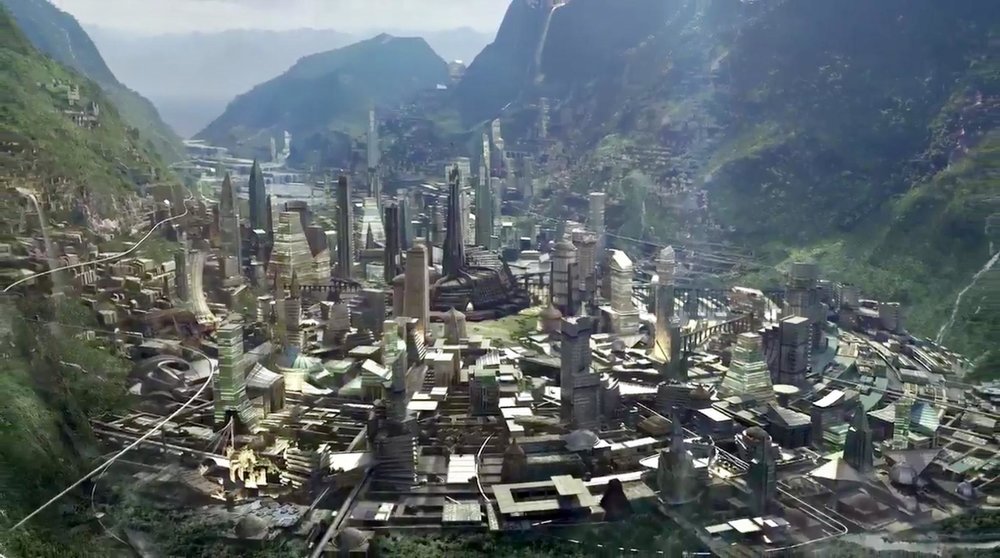Back in 2009, Espen Kvelland founded Akeo. A Norwegian based company working with consulting and software development. Focusing primarily on financial industries by delivering new technologies to the market. Since inception they have increased to over 60 employees in both India and Norway.
It wasn’t until later that Akeo, started to look at projects on the Ethereum Blockchain. Ethereum focuses on running the programming code of any decentralize application. Rather than the bitcoin blockchain that is mostly used to track down ownership of digital currency, bitcoins.
Possibilities for Africa
This led to Akeo to start a collaboration, this time, based in Africa with a team called Wakandi. Based on, you guessed it, none other than Marvel Comics, fictional country in the movie Black Panther, Wakanda. Its meaning is deeper than fiction, finding rich resources and powers in Africa and helping harvest them is the vision Wakandi Group AS are bringing to Africa.
When they started, they were looking at ways to incorporate cryptocurrency into the financial industry and banking. The idea took them further and since have started working with custodians, delivering products and working with private DLT (Distributed ledger). During the time of product development, they also came across the large amounts of unbanked individuals there where globally, but especially Africa. According to research by the world bank 66% of sub-Saharan Africans are listed unbanked.
The Wakandi team saw opportunity there. Here you can build a network for people, to make money transferring easy and cheap by sharing data but also introducing something that they don’t have, a credit check infrastructure, while creating a market where information remains private.
A problem with a solution
The problem as it stands today put simply, is that most people do not own a bank account. They also do not hold national identification. They transfer their money through mobile phone-based money transfers, with products such as M-Pesa. These transactions are not even done on smart phones, but on non-smart phones. This makes it impossible for banks to for example give out loans, as there is no way of checking their credit history, it simply does not exist.
This is also hard, as there is very low liquidity in the market. In the past, the reason for this is lack of trust in government and banking systems. Blockchain brings this back into the picture. Blockchain is built on security and trust, Wakandi is giving the tools for these systems to be put in place.
“Before blockchain, we could have created a middle-man, but you can’t cheat a blockchain, its public and you can see where the information has been and where it’s going.”
The question had to be asked, can you actually trust the banking systems in these countries?
“Historically no, but also its monetary policy of these countries that has made it hard. Yet, now that they are being tracked and it is international, it would be hard for them to get away with something illegal.”
That brings up the question, cryptocurrency has a reputation of being, anonymous. This project on the other hand is not. Why grant credit or loans to people who could run away from the bill? The DLT systems that they are putting in place would also allow for basic banking systems. Before it has been expensive with micro financing, customers with low income have been too expensive for these banks. Wakandi can help with this, allowing clients to build up their credit. With 1.3 billion dollars being moved daily in the mobile money industry, this amount then goes missing from the banking system. That money could help grow businesses and their economy.
In November of 2019, Wakandi released a beta version of their product. Now banks are signing on to piloting programs and they hope to sign 5-10 more this year. The test period remains rather long.
Wakandi is now working on several other projects, including one that involves helping farmers get access to their money through fingerprint technology. Another interesting one, by Akeo is, Cycled.no pilot that they started in Lagos, Nigeria. It works with circular economy on Ethereum.
The endless seem endless and it will be interesting to see how they continue to push these interesting Norwegian ideas globally.





